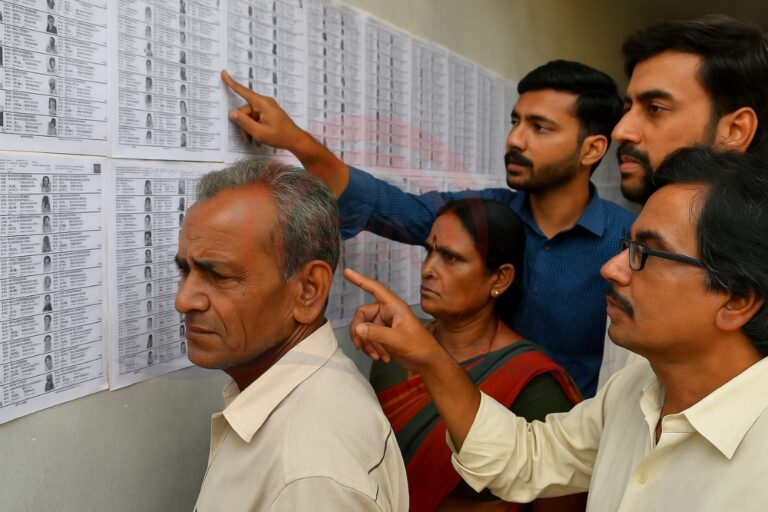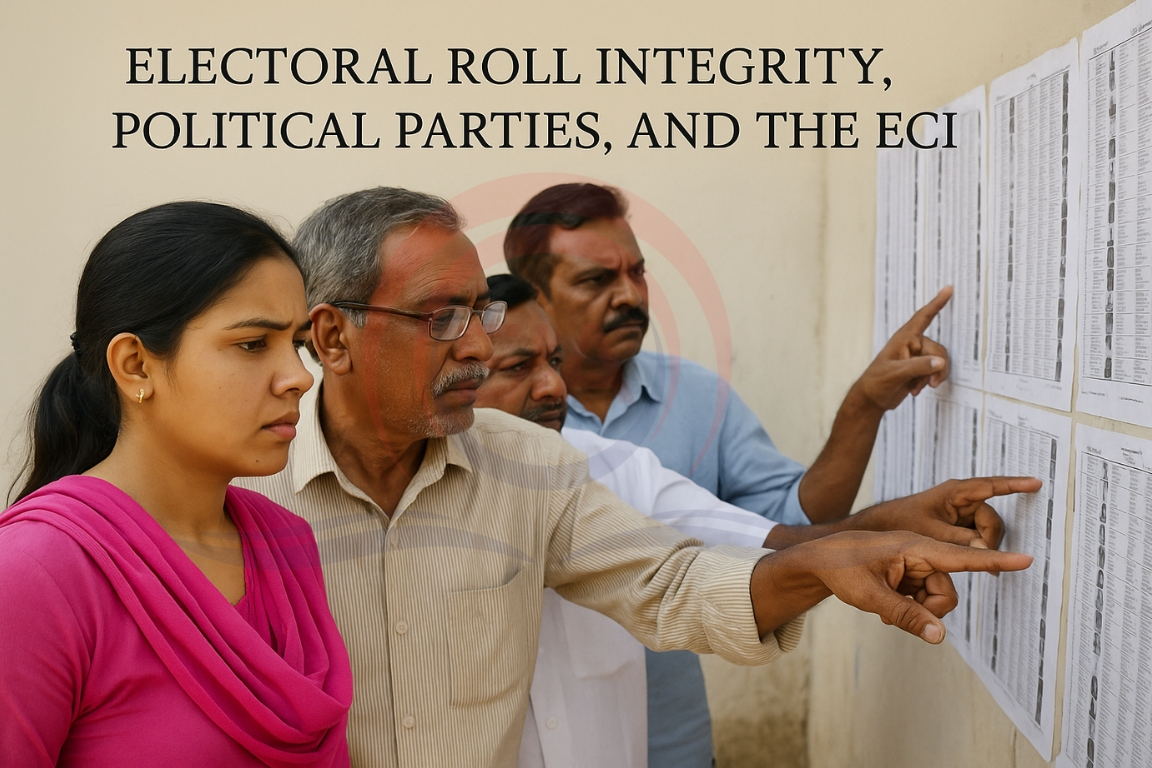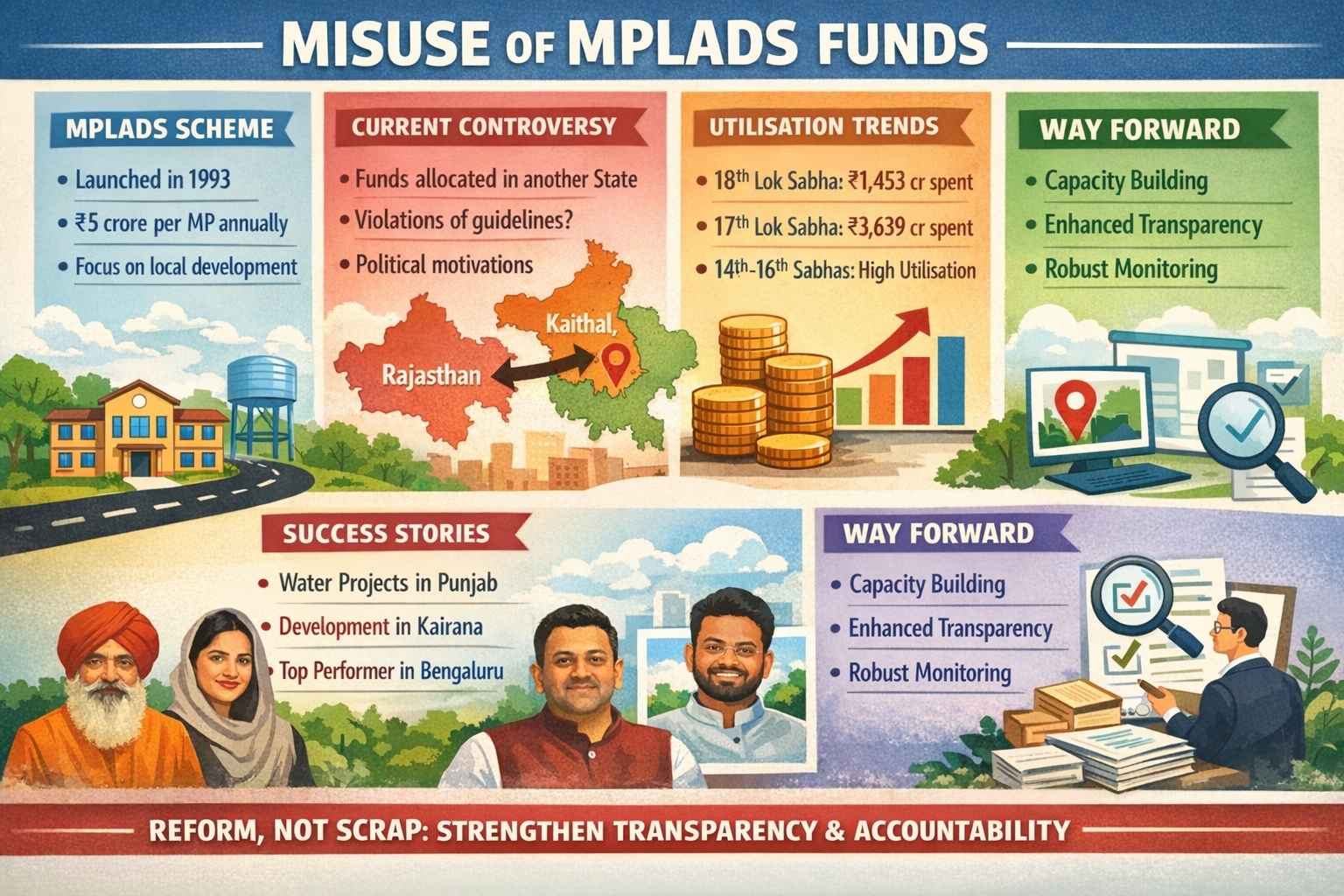A clean electoral roll is the foundation of a fair democracy. However, issues like duplicate entries, ghost voters, and ineligible names continue to challenge India’s electoral integrity. While much criticism falls on the Election Commission of India (ECI), the role of political parties in neglecting or even enabling such irregularities is equally significant.
Erosion of ECI’s Credibility
- In the 1990s, under T.N. Seshan, the ECI became a strong guardian against electoral malpractice.
- Reforms like EPIC (Voter ID cards), stricter enforcement of the Model Code of Conduct, and monitoring of poll expenses enhanced trust.
- Over time, opacity and weak enforcement have reduced credibility, raising suspicion about ECI’s neutrality.
- Recent allegations, such as irregularities in Karnataka’s Mahadevapura constituency, highlight how gaps in supervision weaken electoral legitimacy.
Changing Role of Political Parties
- Earlier: Local party workers ensured strong ground connect through door-to-door campaigns and vigilance.
- Now: Parties rely more on digital campaigns, AI tools, and professional consultants, sidelining grassroots cadres.
- This shift has caused:
- Centralisation of power in leadership.
- Weakening of local organisational structures.
- Neglect of routine but vital tasks like scrutiny of draft rolls.

Institutional Mechanisms
- The ECI’s manual provides safeguards such as:
- Role of Booth Level Agents (BLAs) to verify rolls.
- Limits on bulk applications to prevent mass enrolment fraud.
- Mandatory cross-verification by Electoral Registration Officers for suspicious applications.
- In theory, these checks ensure transparency. But inactive BLAs or collusion can render them ineffective.
Political Responsibility
- Parties are expected to scrutinise electoral rolls, but negligence at the local level allows errors and manipulations.
- Some BLAs may be complicit or inactive, undermining the system.
- Reviving grassroots participation is essential to rebuild trust.
- Example: In Kerala’s recent local body elections, parties have become more vigilant in identifying duplicate and false entries.
Way Forward
- Strengthen coordination between ECI and local party units during revision periods.
- Encourage capacity-building of BLAs to improve accountability.
- Balance technology-driven campaigning with grassroots engagement.
- Enhance transparency and communication by the ECI to restore trust.
Conclusion:
Electoral integrity rests not only on the ECI but also on responsible political parties. Neglecting grassroots structures for short-term gains risks hollowing out democratic institutions. A revitalised local party organisation, coupled with a transparent and accountable ECI, is necessary to protect citizens’ trust and ensure free and fair elections.





